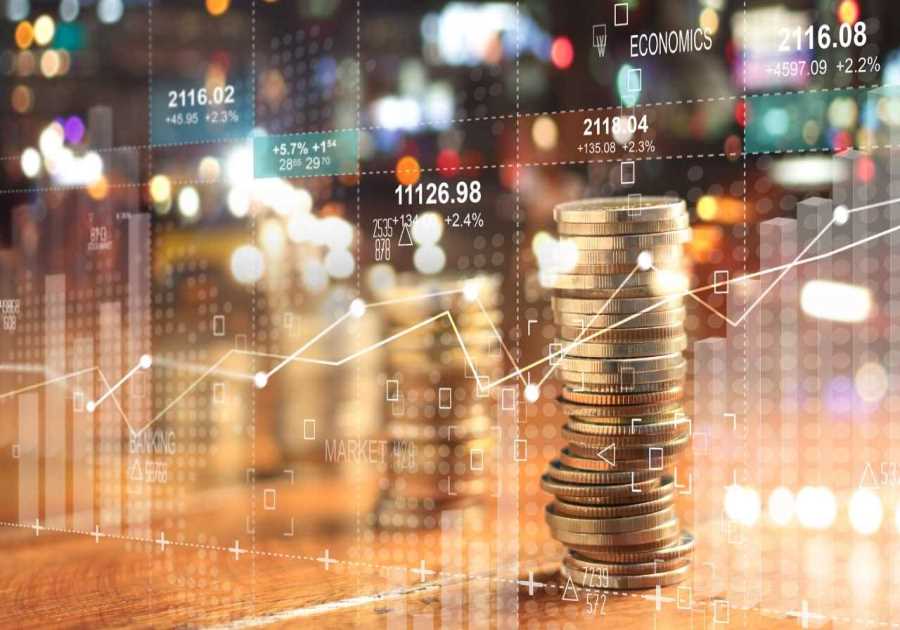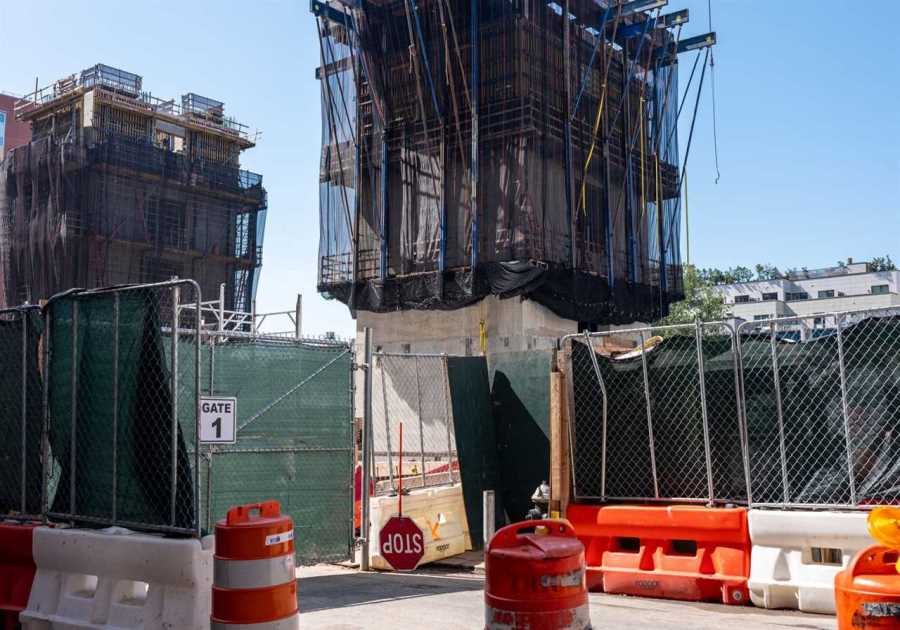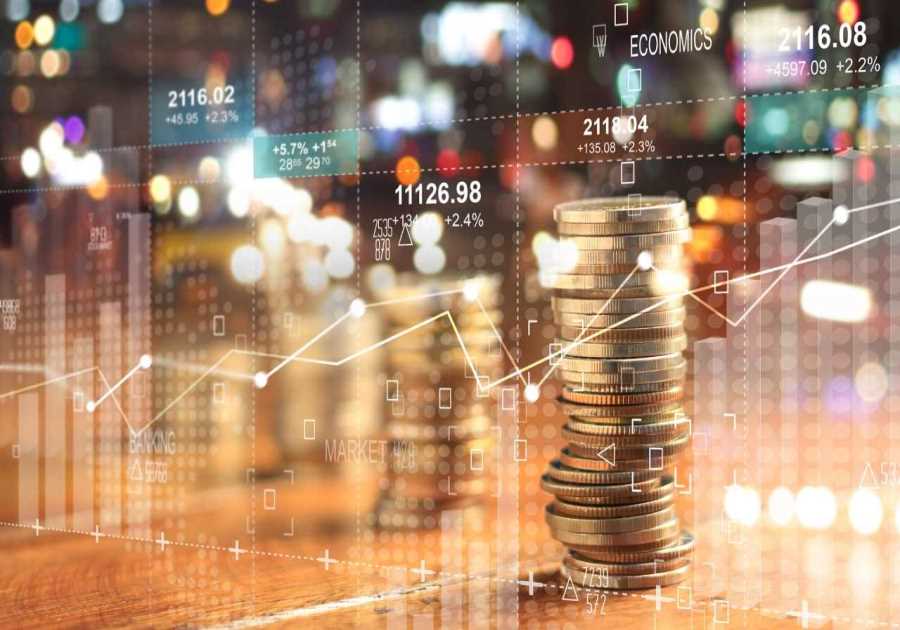Mastercard
- Mastercard, an international card-payment-services company, interacts with banks worldwide.
- The company has used AI to try to identify when customers may be about to be defrauded.
- This article is part of "CXO AI Playbook" — straight talk from business leaders on how they're testing and using AI.
For "CXO AI Playbook," Business Insider takes a look at mini case studies about AI adoption across industries, company sizes, and technology DNA. We've asked each of the featured companies to tell us about the problems they're trying to solve with AI, who's making these decisions internally, and their vision for using AI in the future.
Since 1966, Mastercard has been a provider of payment-card services to the world's biggest banks and millions of consumers. The company is adapting to the constantly evolving threats scammers and criminals pose to its customers.
Situation analysis: What problem was the company trying to solve?
"For decades, payment fraud used to be people using your card details that they'd either bought, found, or counterfeited, either in person or online," Chris Reid, the executive vice president of identity solutions at Mastercard, told Business Insider.
But trends in payment fraud have changed — and banks and card providers have to keep up. One of the key new trends in fraud, Reid said, is what's known as authorized-push-payment fraud, where a scammer persuades someone to send them money by pretending to be a reliable figure, such as a bank, public authority, or romantic partner.
Understanding when a card user is about to send a lot of money — and lose it — to a scammer is tricky, Reid said. "How can we detect you are a victim or about to be a victim of crime?" he asked. The company believes artificial intelligence can help identify when that fraud is about to occur.
Key staff and partners
The development of an AI fraud-detection system began as a pilot program in the UK. At Mastercard, the teams working on the project included Reid's identity group, the security and cyberinnovation team, and the open-banking team, which works on connecting competing banks with one another.

Courtesy of Chris Reid
Reid said he believed the work couldn't have been done without buy-in from banks in the UK, including Lloyds Bank, NatWest, and TSB Bank, which put aside their rivalries to work together.
"This only works when we all come together," Reid said. "The nice thing we see around fraud and security is, every day, the banks are competing to win. On fraud and security, we're all competing to beat fraudsters."
AI in action
With the support of those banks, the teams at Mastercard began developing an AI system to identify signs in the accounts of both victims and scammers that someone was about to be defrauded.
"We give our bank customers a three-dimensional view of the two accounts in question," Reid said.
Mastercard's AI system is trained on data from both legitimate and fraudulent payment activities. Using this information, it monitors and identifies suspicious transaction behaviors and looks at data, such as payee names, to identify suspect transactions.
It can also look at secondary and tertiary relationships linked to a fraudster's bank account.
"Crime needs to find a way out of the legitimate financial ecosystem," Reid said. "You tend to find funds flow out into various mule or drop accounts."
The system provides an AI-powered risk score for transactions and accounts in real time, alerting the banks if Mastercard suspects a payment is being made to a known fraudster.
Did it work, and how did leaders know?
Reid said TSB "has been really transparent in helping us understand the efficacy of the solution."
Based on the scale of the fraud prevented among TSB's customers, if it was extrapolated across the UK banking sector, "everything else being equal," the AI system would save an estimated £100 million, or $126 million, in the UK alone, Reid told BI.
He added that Mastercard's tech was "really good" at identifying "impersonation scams, romance scams, and purchase scams."
What's next?
Mastercard needs to keep up with scammers, Reid said.
"Fraud is an incredibly successful industry," he added. "Fraudsters are investing in product development and their own efficiency."
For that reason, Mastercard plans to expand its AI systems. Currently, the system provides an AI-identified risk score for the potential victim's account. By the end of 2024, Mastercard wants to provide a risk score for scamming suspects to try to raise awareness among banks about their customers.
"That doubles the ability for us to stop the money getting to the criminals," he said. "We can tell the scammer's bank, 'This is a high-risk transaction; you might want to delay releasing the funds."
Mastercard is also working to create more practical applications for the risk score, which is useful to banks at a high level but perhaps not for rank-and-file bank employees tasked with supporting victims.
"Contact-center agents, in this case, are trained and knowledgeable in fraud, but we need to be able to turn the score into something that's useful," he said. "We're working to be able to ultimately stop that crime."
We want to hear from you. If you are interested in sharing your company's AI journey, email [email protected].
Read More
By: [email protected] (Chris Stokel-Walker)
Title: Mastercard's AI system is helping banks keep fraudsters in check — and it could save millions of dollars
Sourced From: www.businessinsider.com/mastercard-artificial-intelligence-tool-for-identifying-card-transaction-fraud-2024-6
Published Date: Fri, 31 May 2024 19:18:12 +0000
.png)





